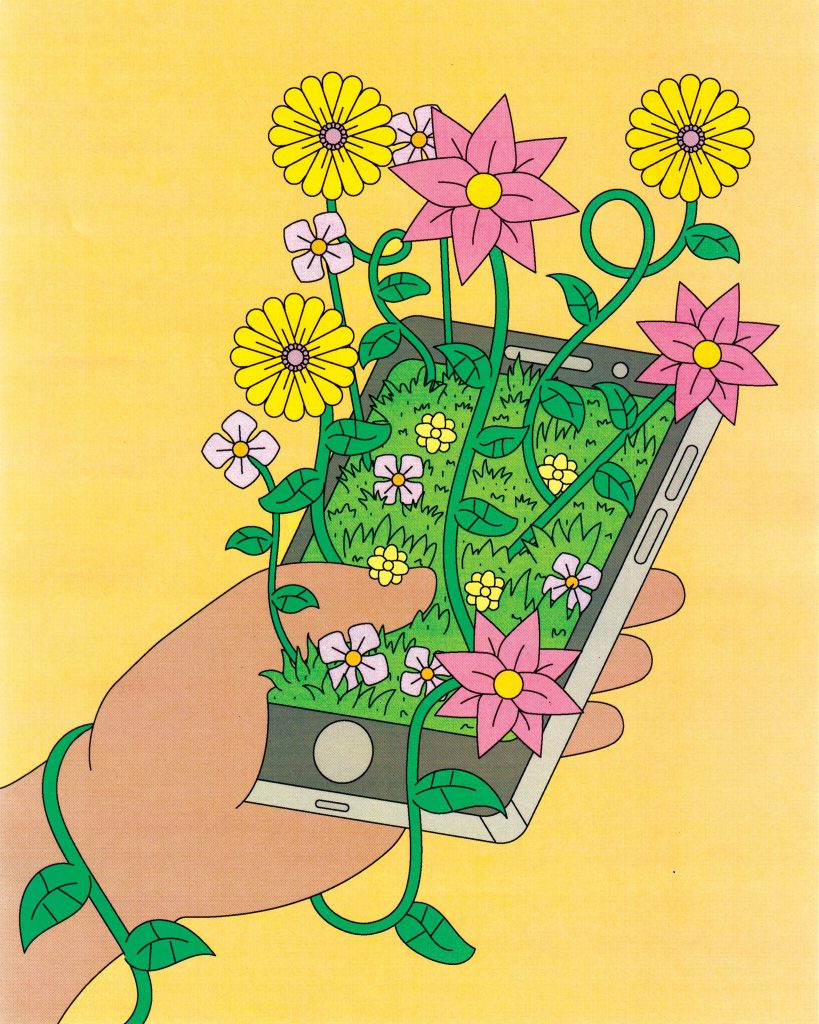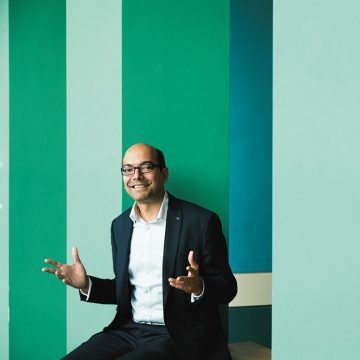This idea must die: ‘Sustainability is too expensive and requires too many tough sacrifices’
Clare Shine, Director and CEO of the Cambridge Institute for Sustainability Leadership, says we all have a part to play in an exciting future that’s being reimagined around us.
Sustainability is, for many people, a remote word that covers everything and nothing. We’re told we must travel less, that we can’t buy the cars or eat the food we want, that we’ll need to replace our boilers. Such messaging can make us feel we lack agency – it may be scary or counterproductive. Yet the vast majority of us want to support a just transition to a future that works for people, nature and climate.
So, I want to challenge the idea that the ‘S’ word is all about sacrifice. Yes, change is urgently needed and yes, we need to rewire the economy and leadership – but there’s too much focus on doom and gloom. We need fresh language and fresh messaging around what should be exciting and inspiring progress. The stories we tell about how we achieve sustainability really matter.
I hope tomorrow’s historians will see Covid as one prompt for a new compact between humanity and nature
Think about how we can improve wellbeing, for example. Most health services are reactive and costly systems for when things go wrong. There’s remarkably little prevention woven through the system, even though we know that pays dividends for society and the economy. So, let’s use our imagination: What could a health-generating city or school or company look like? How could it incorporate brilliant design into people’s daily lives? How might this inspire innovation, technology and policy?
The Covid pandemic has already been a remarkable catalyst for reimagination and reinvention. It showed up the negative aspects of our lives, such as long commutes and long working hours, and it reminded us of the benefits – both psychological and physical – of nature, play and community.

Let’s take that learning and look forward. Trillions of dollars are being spent around the world right now on new cities and urban infrastructure. By 2060, three quarters of the world are predicted to live in urban settings. We can make decisions now that will put accessible green space – and blue space – as a first principle; decisions that work with and through nature to create living and livable cities that generate wellbeing rather than stress. I truly hope tomorrow’s historians will see Covid as one of the prompts for a new compact between humanity and nature.
It’s fantastic that awareness is spreading, but I worry that we conceive this too narrowly. For example, there’s a risk that the response to the climate emergency is being formulated too technocratically – that we’re being conditioned to think of the emergency as only about carbon and action on climate change. But planetary health is bigger than a carbon target – the lives and livelihoods of people around the world depend on a flourishing environment and ecology. We need to talk not just of a climate emergency, but of a nature-climate emergency.
I’m excited by the creative ways we can expand this conversation. Look at how artists and cultural innovators are linking social and environmental themes around the world, surfacing new voices and bolder debate. And look at the way vocabulary can shift the mindset of conversations. The advance of LGBTQ+ equality was helped by adopting language that brought down barriers and universalised discourse around love, family and children. We can do the same to humanise sustainability.
Innovation for public good is breathtaking: in India, rural health workers now use solar-powered backpacks for rapid testing and referral of women with difficult pregnancies; in Kenya, mPesa’s mobile money transfers enabled previously unbanked people to save and transact; an artist in the Netherlands created an energy-neutral cycle path that lights up at night to guide you safely home; and in Ghana, the mPedigree app helps even the poorest customers check the authenticity of medicines. Design and technology can help us achieve a sustainable future, meeting the fundamental needs and wants of societies across the world.
Yes, there is a nature-climate emergency. But we can do so much as individuals and communities, using our collective voice and harnessing creativity, intelligence and innovation. The future is being reimagined all around us – and that’s definitely not a cause for doom and gloom.
The University of Cambridge Institute for Sustainability Leadership (CISL) works with business, government and finance to build the capacity of leaders to meet the needs of society and to address critical global challenges. Through education, leadership groups and partnerships with those who make or influence decisions, CISL aims to transform public and private sector policies and practices.







